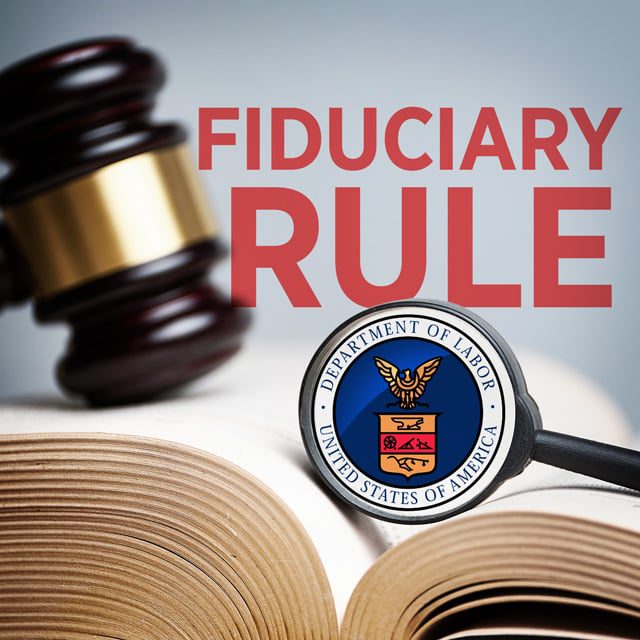Repealing DOL Fiduciary Rule Would Increase Investor Fees: CBO

Repealing the Labor Department’s new fiduciary rule “is likely to increase fees paid by investors and may affect the types of investments held in retirement plans,” according to a just-released score by the Congressional Budget Office of House Resolution 142.
Congressional Review Act Resolution 142, passed by the House Education and Workforce Committee in mid-July, would disapprove the final rule known as the Retirement Security Rule, published by Labor in April 2024, and prevent the regulation from taking effect.
By invoking a legislative process established in the Congressional Review Act, the resolution would repeal the rule and prohibit the agency from issuing the same or any similar rule in the future.
CBO said on Wednesday that the rule “significantly increases the number of financial services providers that must act as fiduciaries when providing advice about retirement plans and decisions.”
Under that standard, advisors “must act solely in the best interest of plan participants and beneficiaries,” CBO said. “Therefore, enacting H.J. Res. 142 could change the income received by firms and individuals, and as a result, the taxes paid by those entities.”




